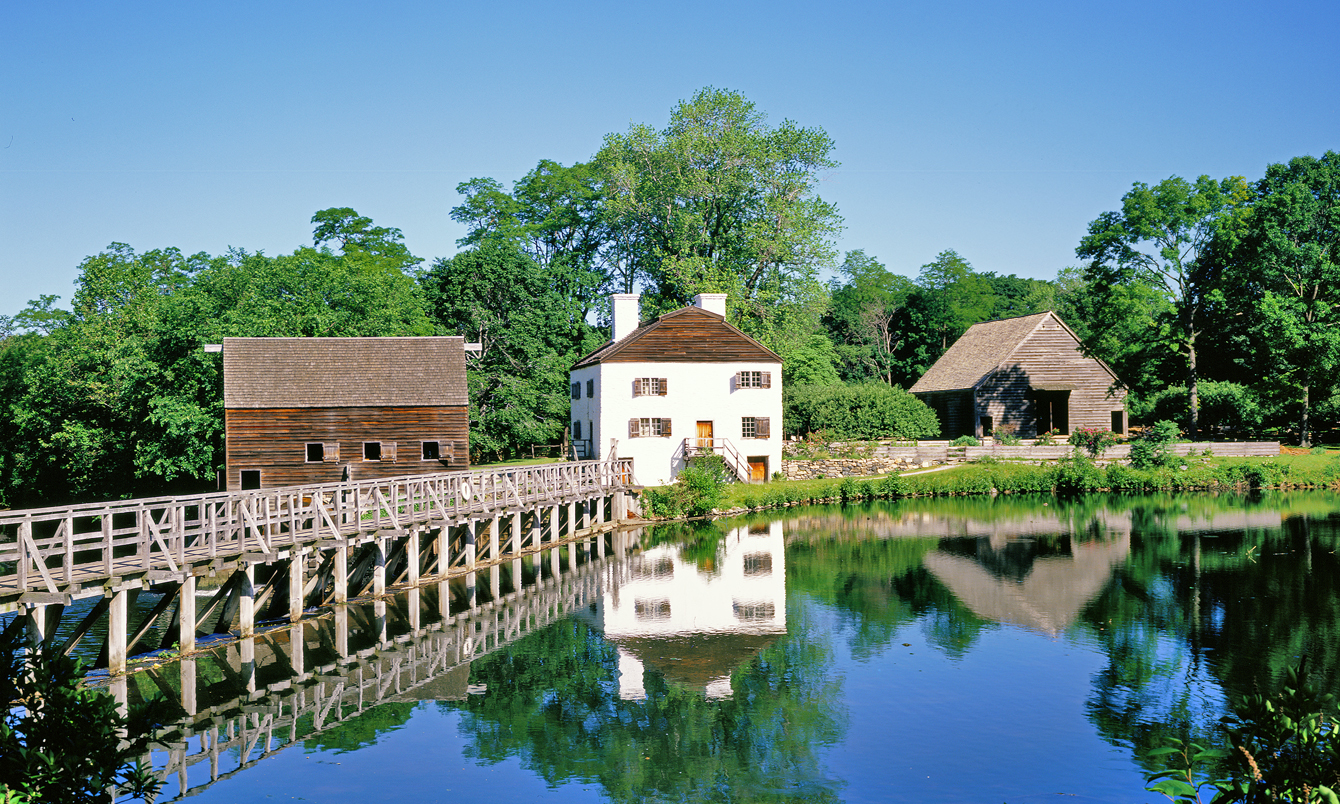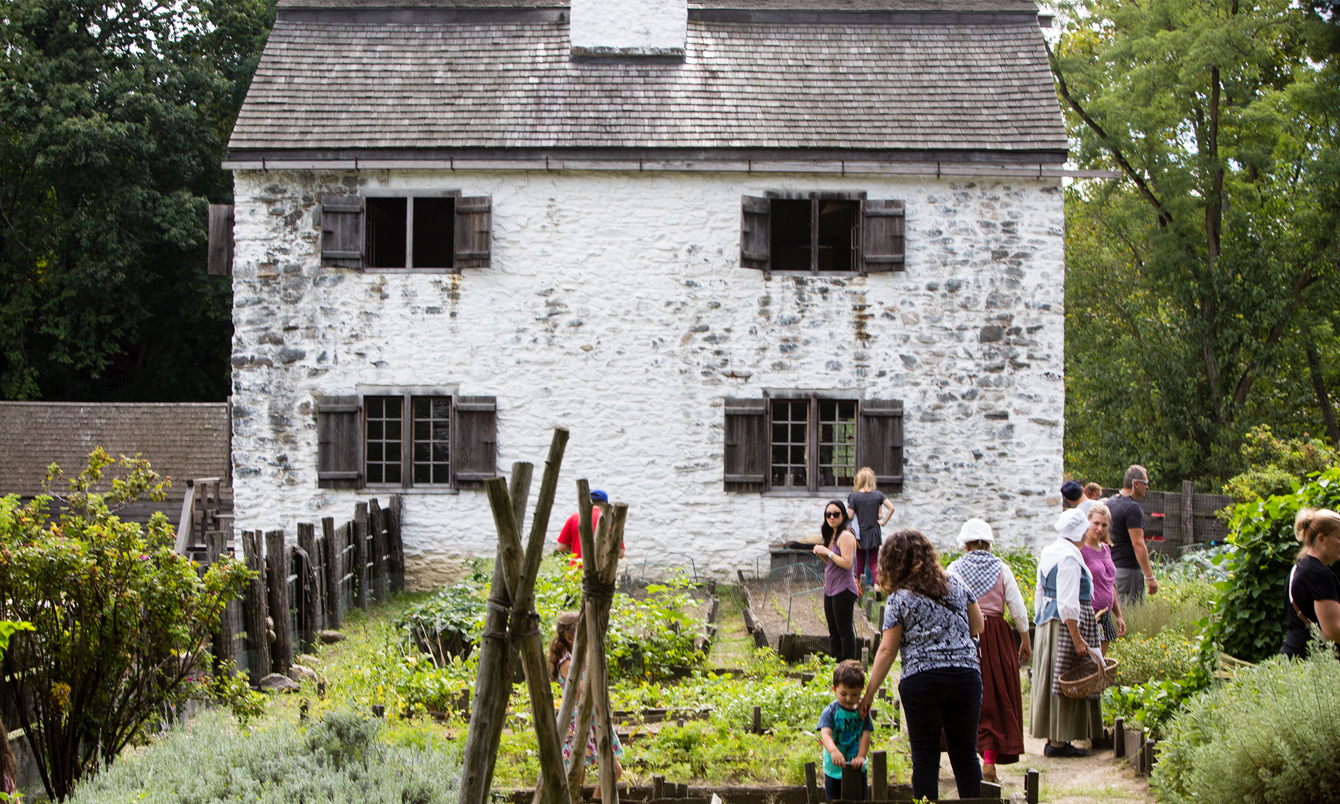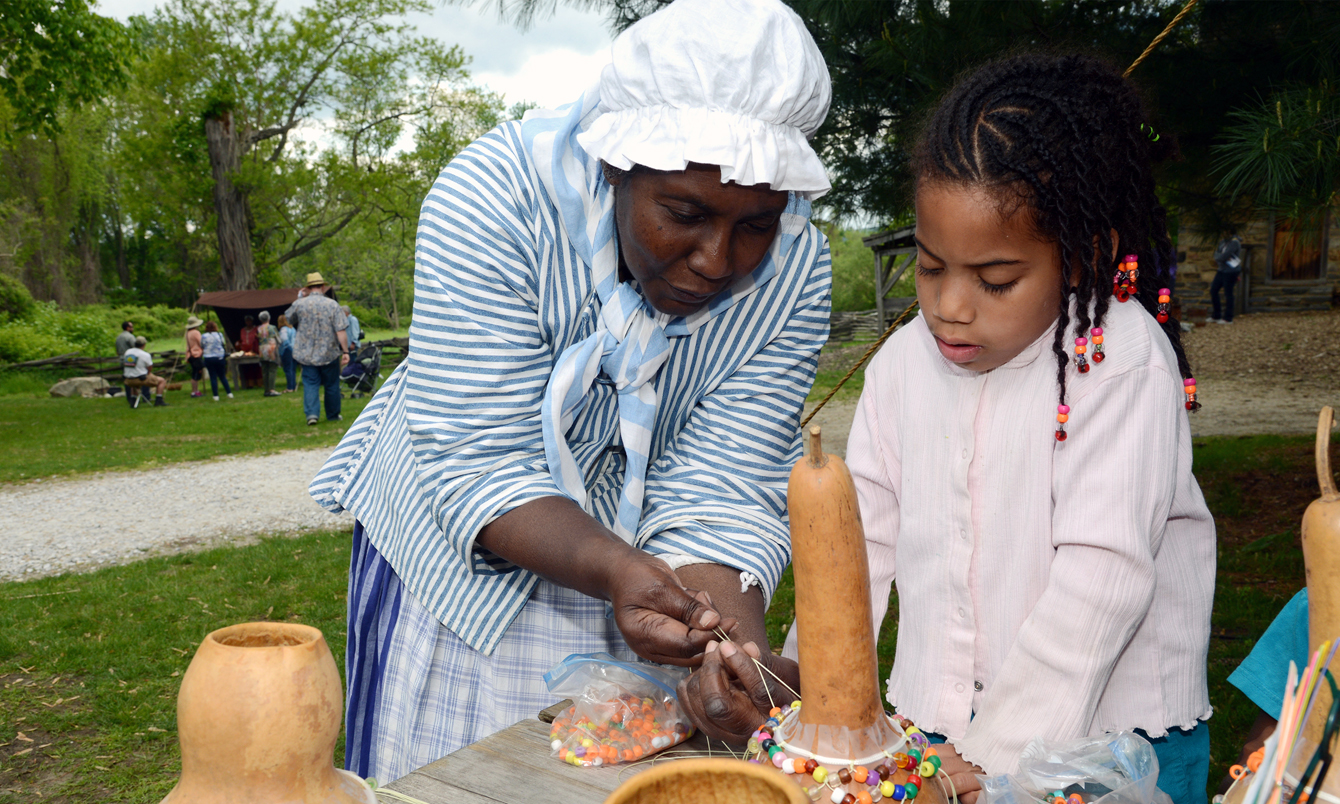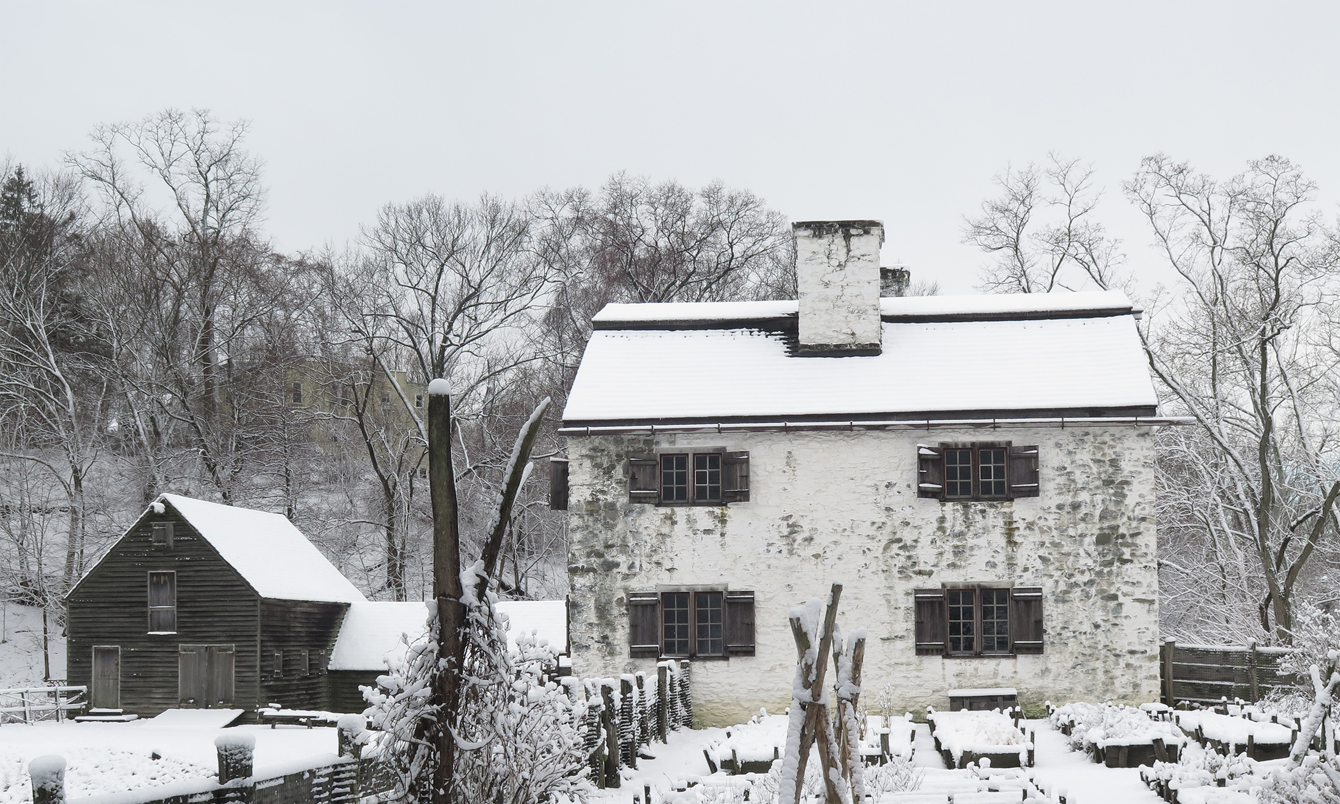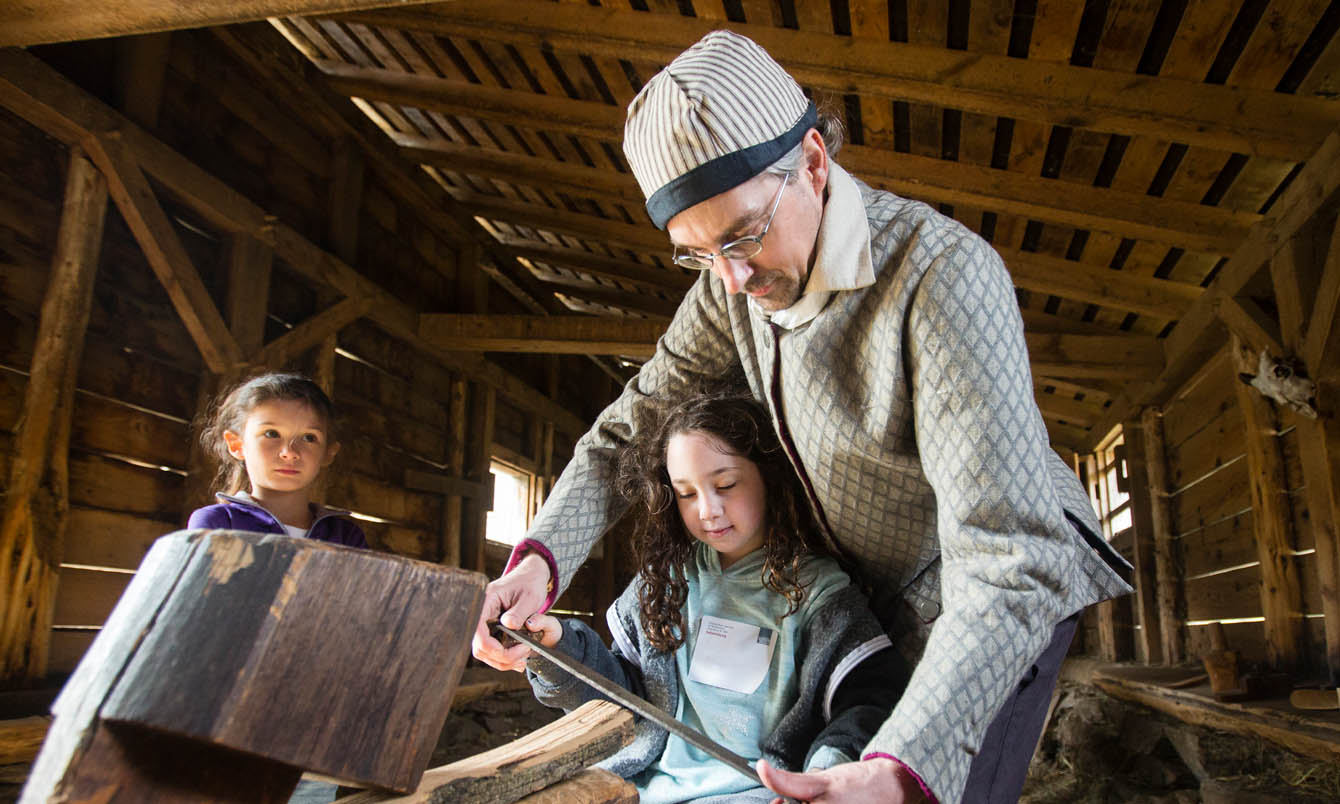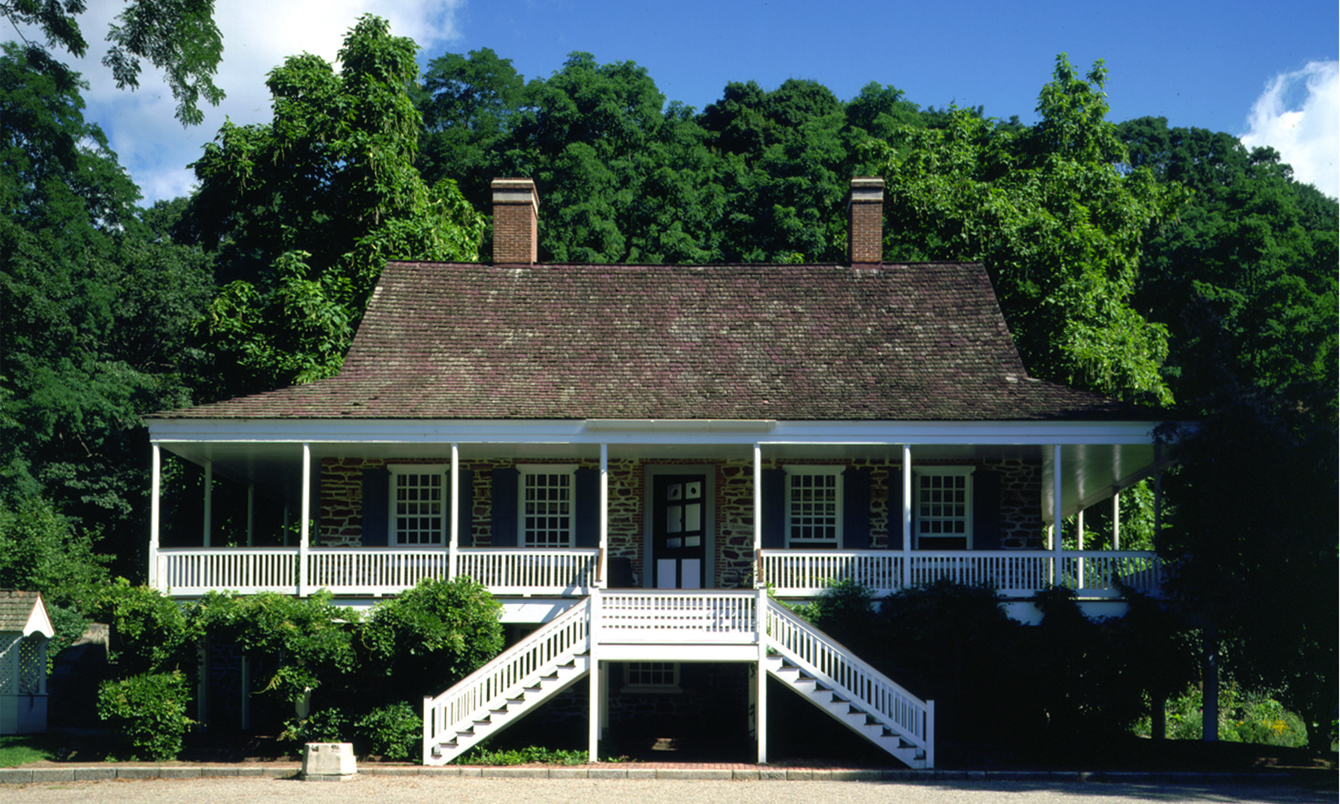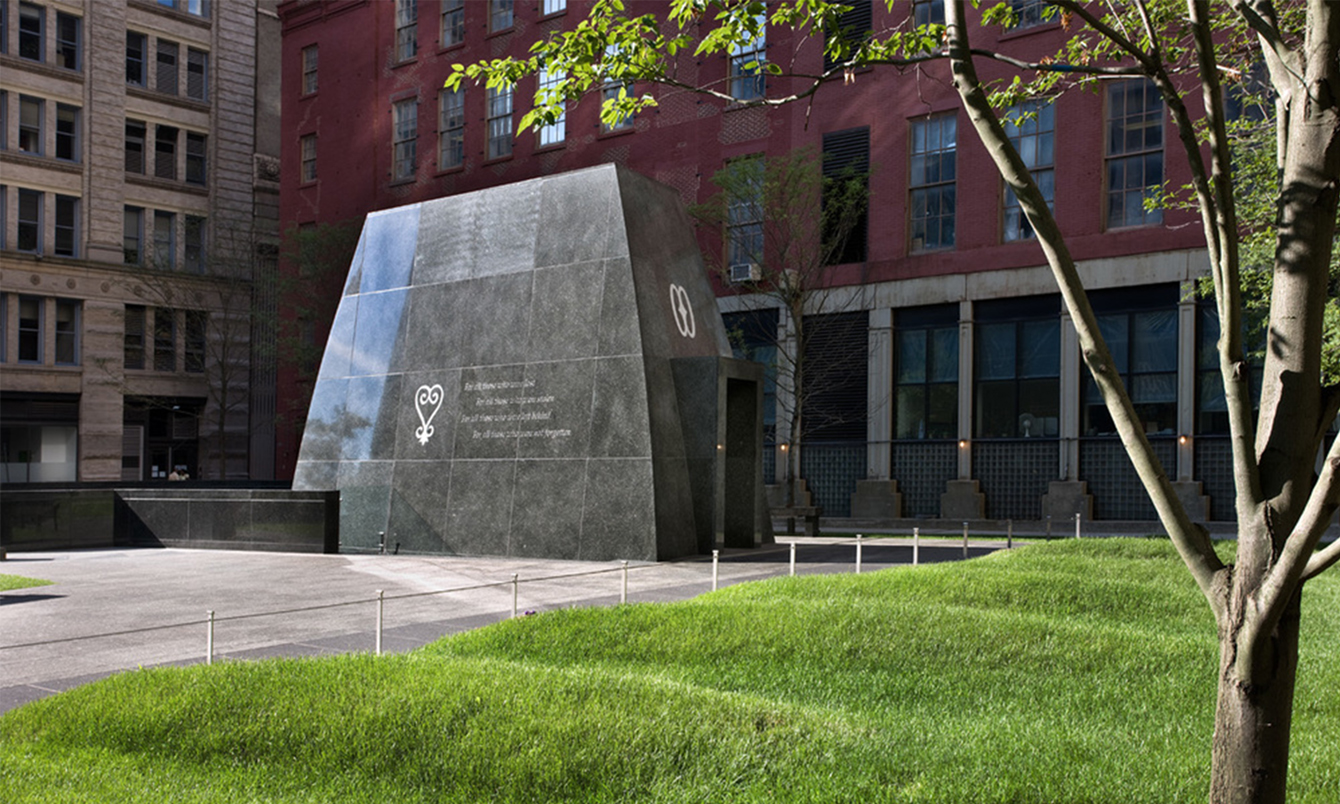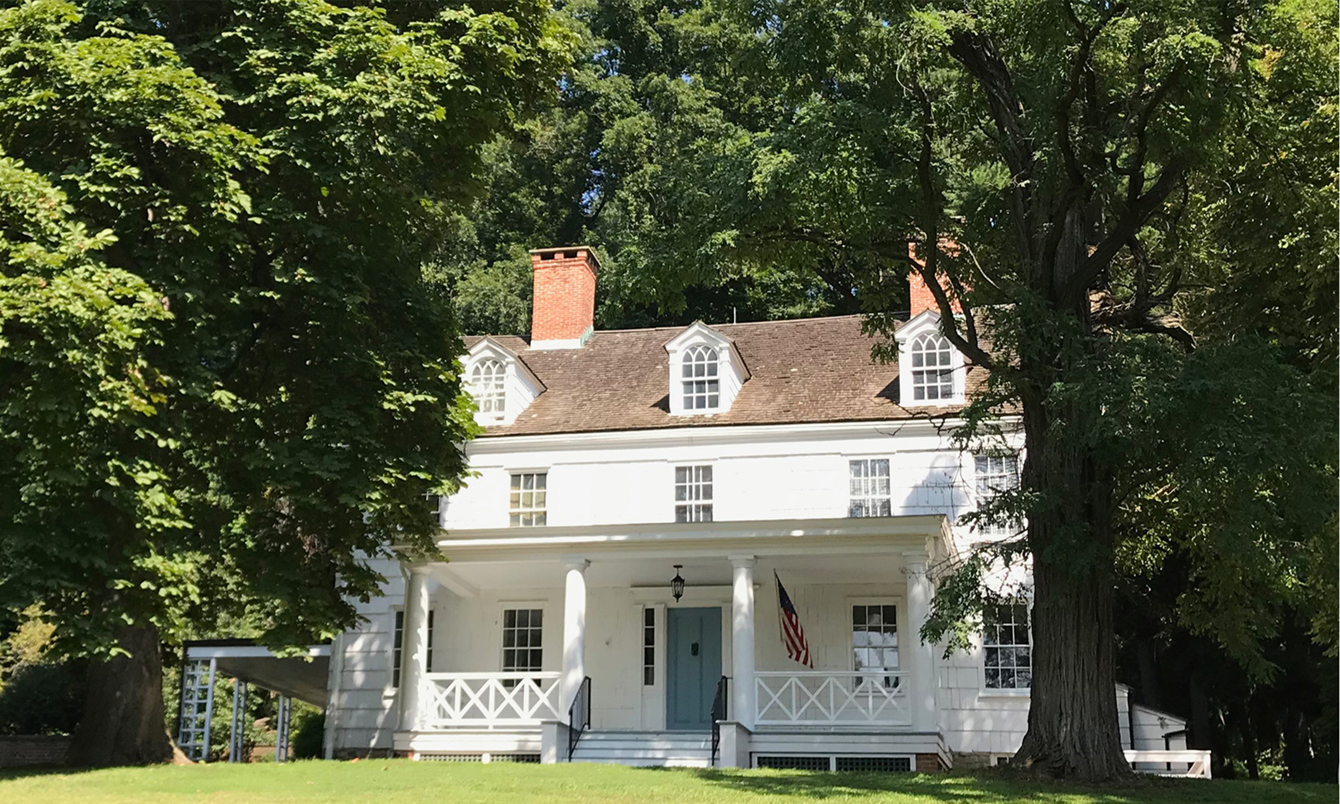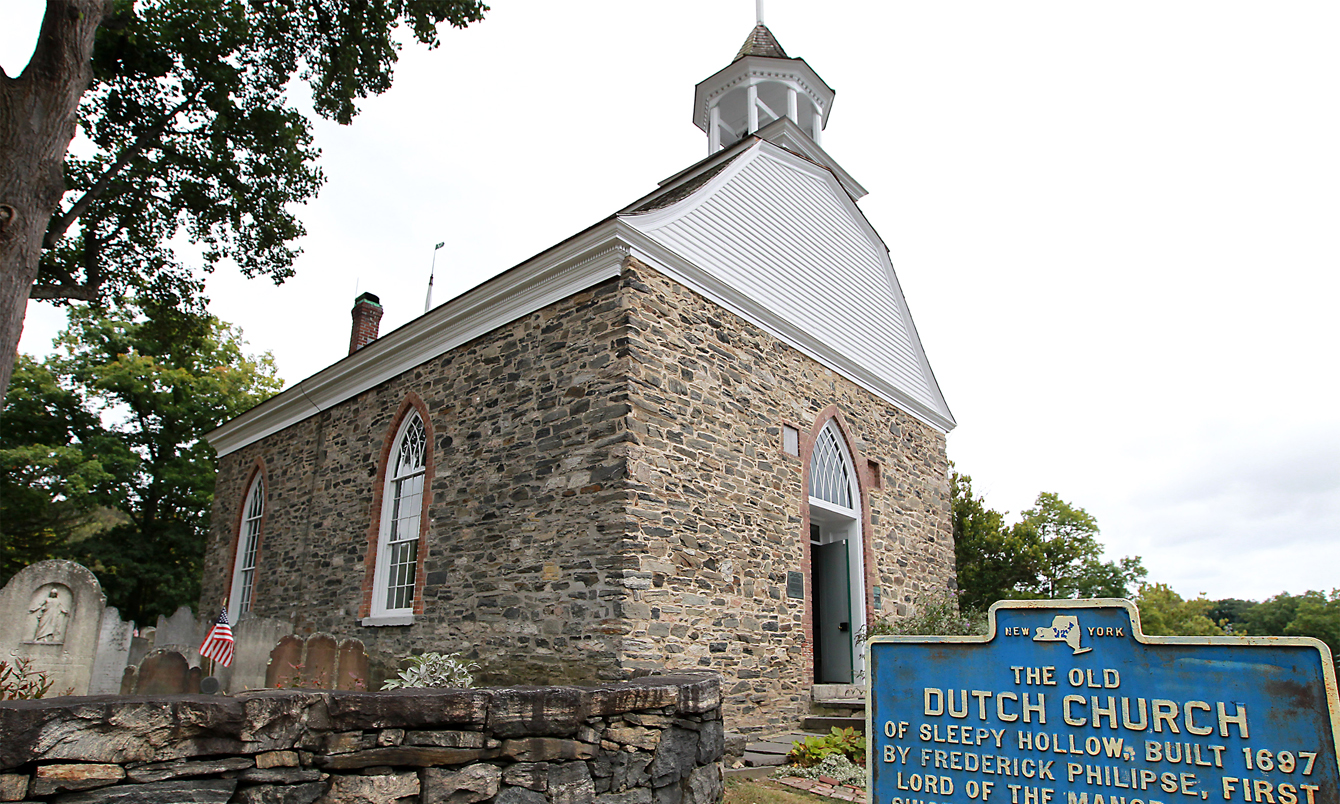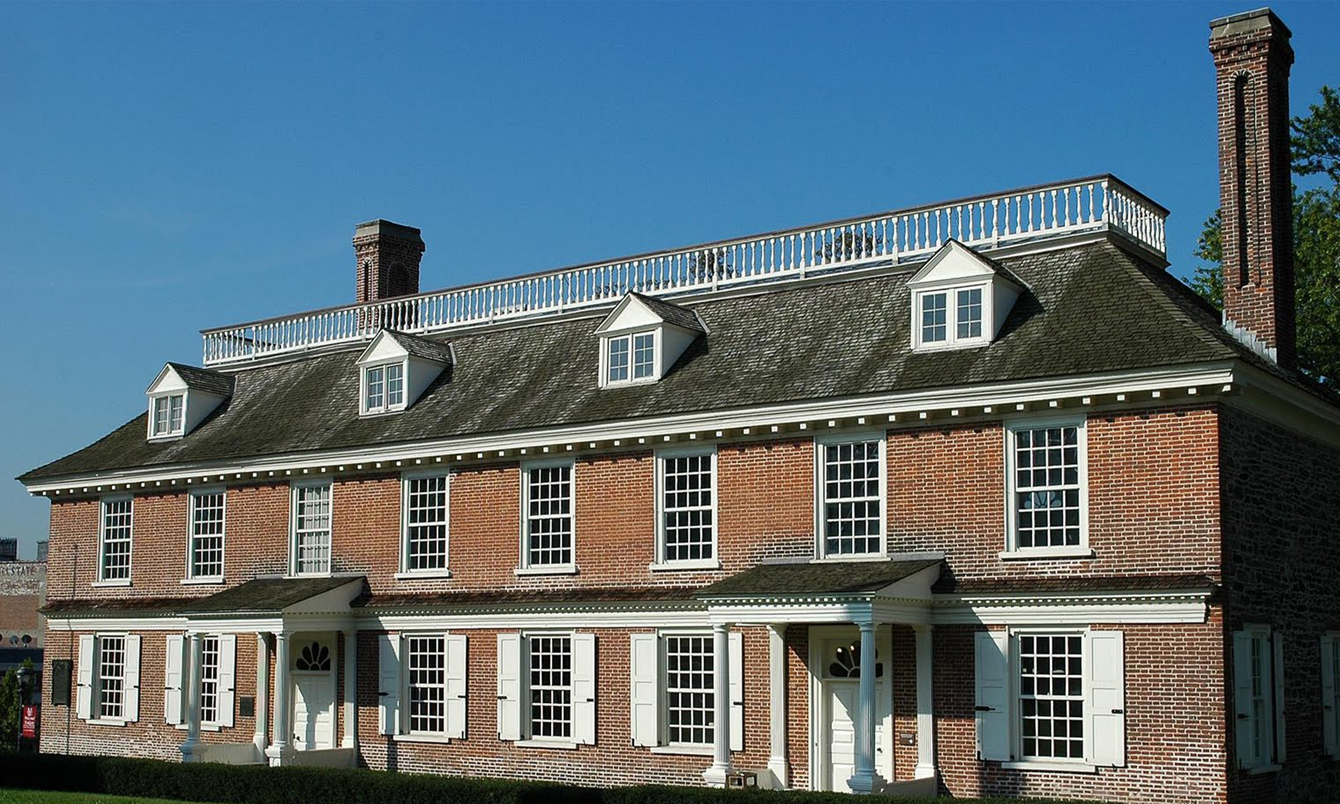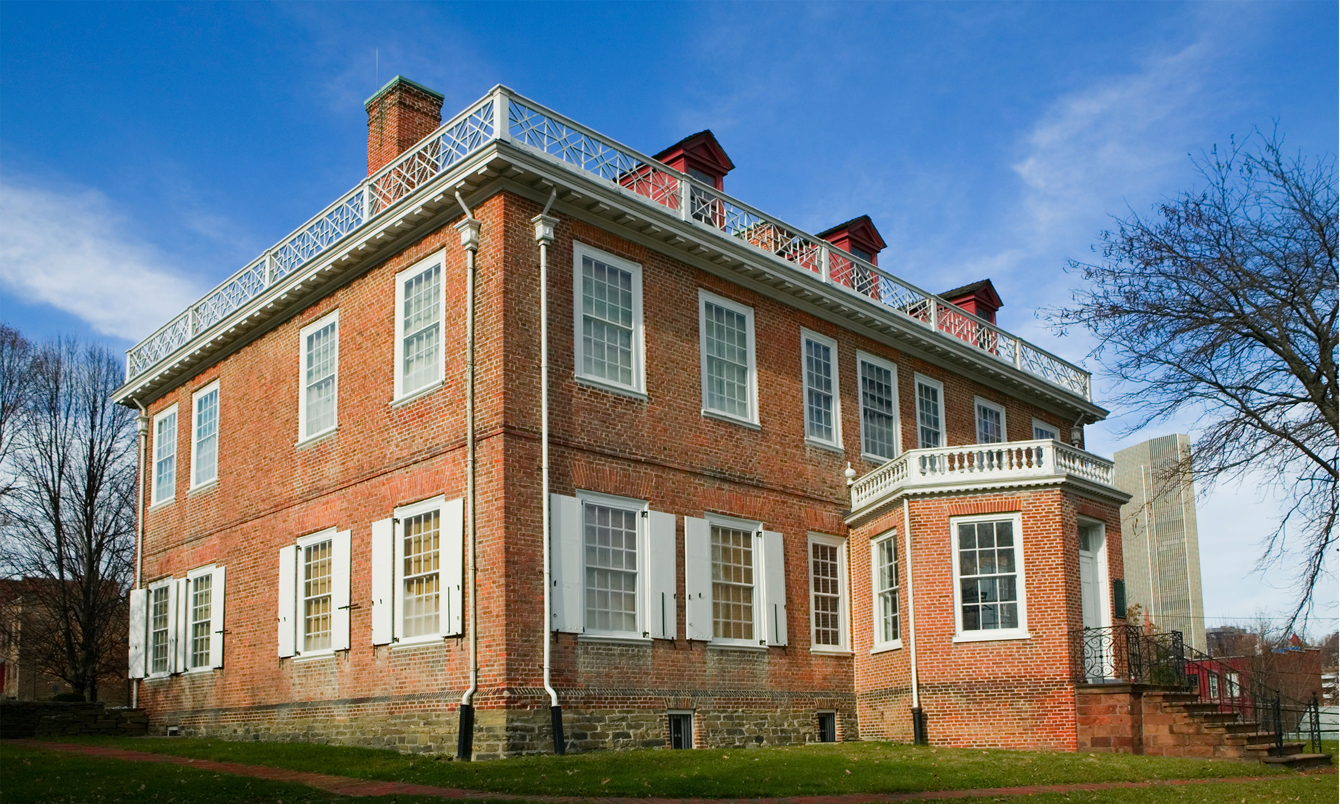A community of 23 enslaved Africans whose names appear on a 1750 Philipsburg Manor probate inventory—including Caesar, Sam, Venture, and Massey—operated the complex. Enslaved individuals were put to work turning wheat into flour and milk into butter on a commercial scale, shipping these goods downriver to Manhattan and preparing them for export to the West Indies.
Philipsburg Manor, located in Sleepy Hollow, NY, is now a historic site. As a living history museum, Philipsburg Manor gives visitors the opportunity to learn about the lives of the enslaved people who lived and worked there during New York’s colonial era, and to encounter many of the activities and sensory experiences that made up the texture of rural daily life in the mid-18th century.


